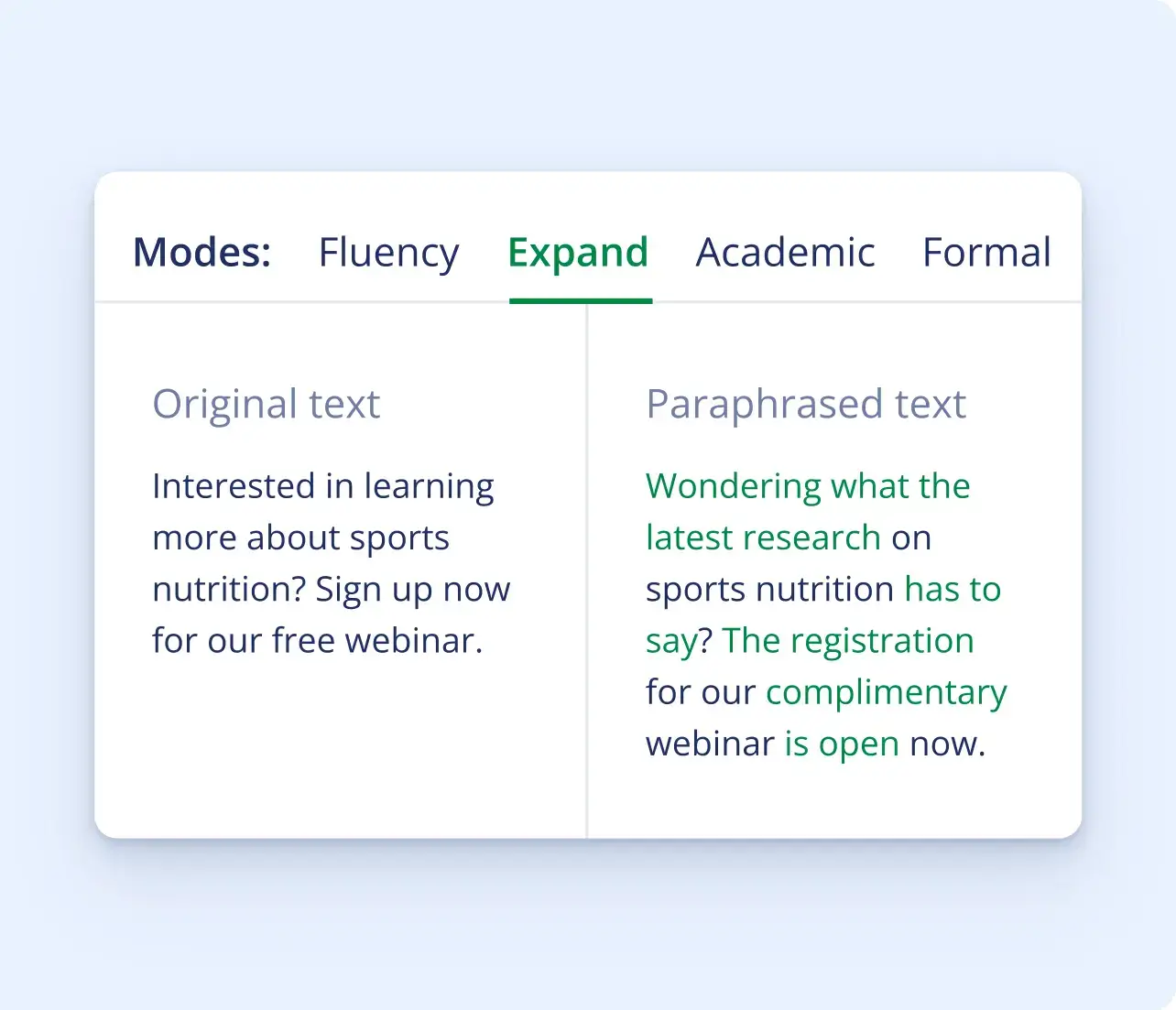Attention bias is a cognitive bias that affects how we perceive the world around us. We cannot process all the information our senses provide us with, so we filter them out.
Attention bias can have positive and negative impacts. For example, when hiking in the wilderness, we might be more attuned to spotting snakes or other dangerous wildlife.
On the other hand, if we are on a diet, we might find ourselves drawn to the dessert section of the menu at a restaurant.
Read this FAQ: What is attention bias?
Both explicit bias and unconscious bias involve prejudiced attitudes that can lead to discriminatory actions and decisions.
They differ in a few essential respects:
- Explicit bias: Conscious, deliberate, and openly expressed prejudice
- Unconscious bias: Automatic, involuntary, and not consciously recognized prejudice
When people claim to be unbiased, they typically have explicit biases in mind, unaware that they have unconscious biases.
Read this FAQ: What is the difference between explicit and unconscious bias?
Unconscious bias can have several adverse effects in the workplace:
- Hiring and promotion: Bias can lead to unfair hiring practices and hinder the promotion of qualified individuals.
- Employee morale: Perceived unfair treatment can decrease job satisfaction and morale among employees.
- Workplace diversity: Bias can result in a lack of diversity, limiting different perspectives and ideas.
- Performance evaluations: Bias can affect the objectivity of performance reviews, leading to inequitable evaluations.
- Team dynamics: Bias can create divisions within teams, reducing collaboration and productivity.
- Turnover rates: Unaddressed bias can increase turnover, as employees may leave due to perceived or actual discrimination.
- Legal risks: Bias can lead to legal issues related to discrimination and harassment claims.
- Reputation: A workplace perceived as biased can damage an organization’s reputation and ability to attract talent.
These can be mitigated by raising awareness through strategies like implicit bias testing, setting objective criteria for performance reviews, and adopting blind hiring processes.
Read this FAQ: What effects does unconscious bias have in the workplace?
Unconscious bias is caused by several factors:
- Socialization: Cultural norms and societal expectations shape our perceptions and behaviors from a young age.
- Cognitive shortcuts: The brain uses heuristics to quickly process information, leading to snap judgments and stereotypes.
- Past exposure: Personal experiences and exposure to stereotypes influence our attitudes and assumptions about others.
- Media influence: Media portrayals can reinforce biases in obvious and subtle ways.
- Group identity: Affinity for people who share similar characteristics or backgrounds can lead to in-group favoritism.
Cultural influences that promote unconscious bias are often subtle, yet pervasive (e.g., the color black being associated symbolically with evil).
Read this FAQ: What causes unconscious bias?
